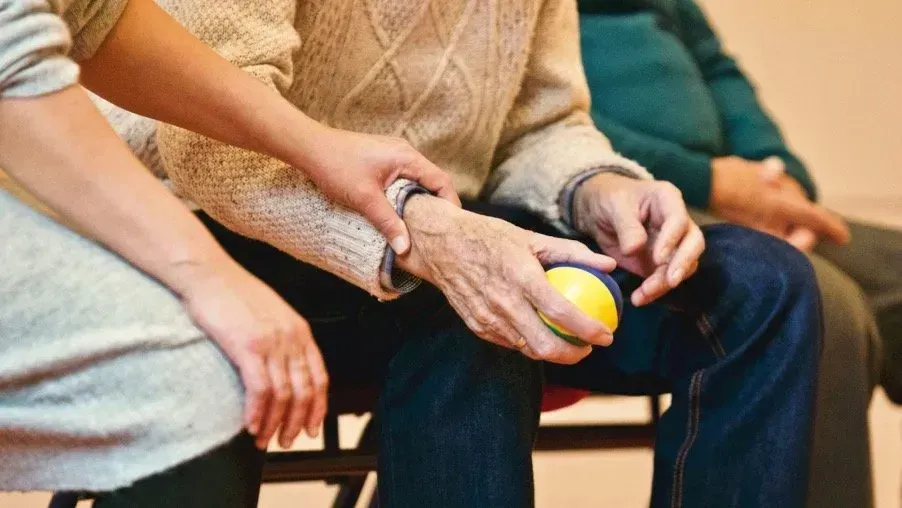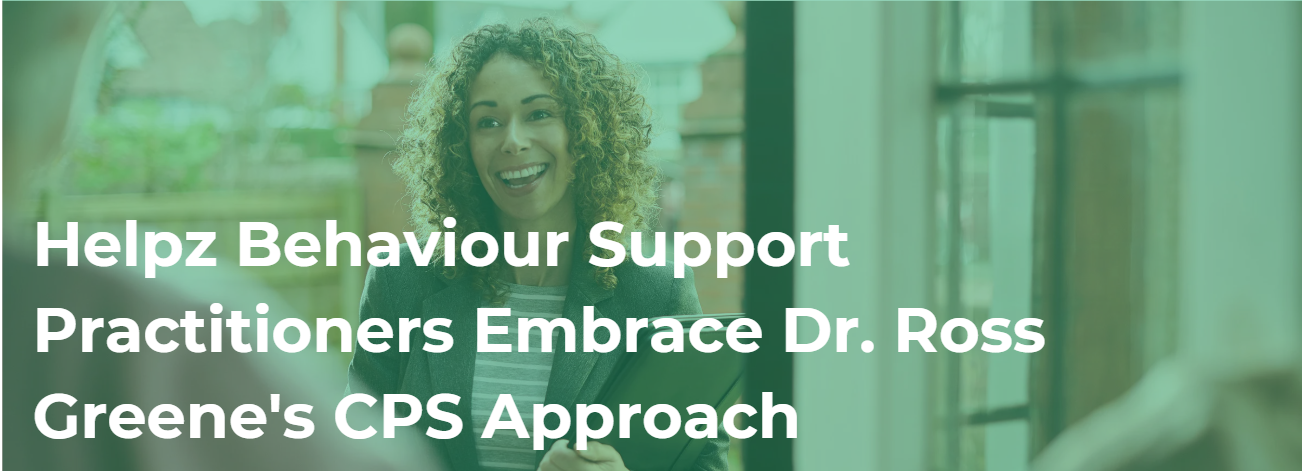The future of Allied Health in Australia and what needs to be done to make it a bright one

Stress is currently epidemic in the allied health sector — but that can change.
Working in the healthcare industry can be rewarding and satisfying, but it can also be stressful. And that’s especially true right now when changes to the healthcare system have meant that those working in allied health employment are more likely to feel the strain than in years gone by.
As a result, allied health in Australia faces some challenges for future, as demand for these services increase – without keeping and attracting professionals the industry won’t keep up with demand, putting a bigger drain on our clinicians; If adequate changes occur, then the sector’s future will be bright — if they don’t occur, then it may not be too long before the best professionals look away from the allied health industry and to something less stressful. And that could have serious consequences, most notably a reduction in the quality of service for patients.
The Problem
The principles behind NDIS — that it should be easy for people who need support to access the support they need — were solid enough, but it has resulted in unintended side effects. The most troubling of these side effects was the shift to billable hours. That sounds fine on paper, but it has meant that many allied healthcare providers have become too preoccupied with billable hours, which puts an extra level of pressure on employees, who don’t only have to meet those hours but also fill out much more paperwork than they’d like to.
The Future
Healthcare professionals are willing to endure acceptable levels of stress. It’s what they sign up for when they enter the profession. However, they’re not willing to accept problematic levels of stress — and not only are they not willing, but, at some point, they’ll be physically and mentally unable to do so. The number of allied health professionals experiencing burnout, a type of exhaustion resulting from excessive pressure, is rising all the time.
It’s a condition that could have far-reaching impacts on the healthcare industry. If professionals are experiencing burnout, then they’ll leave the industry and look elsewhere. Plus, there’ll be fewer people willing to work in allied health because they know the risk of unacceptable stress levels is high. People are drawn to healthcare for noble reasons, but those reasons can’t overcome everything.
And, of course, an industry that cannot attract and retain the best of the best will face an uncertain future. If the problem persists, then at some point, the quality of the care provided to patients will begin to suffer.
The Solution
The problems surrounding allied health are plain to see. The question now is about what can be done to solve the issue. Of course, this is a big question, and there’s not one single answer — an overall rethink about the system and the pressure that’s being put on workers will be necessary. With that being said, there are most definitely things that NDIS providers should be looking to change about their operations.
And that all begins with how they work with and support their clinicians.
How Employers Can Retain Their Clinicians
Allied health providers will face major issues if their clinicians are continually leaving. Among all the other issues that this would cause, it would negatively impact their financial standing — it takes a lot to hire and train a new employee. Plus, if the job becomes so stressful, it’s possible that at some stage, there aren’t enough new clinicians to replace the number that are leaving.
The solution? Don’t give clinicians a reason to leave. If they’re going to quit their jobs, it should be for reasons other than workload, stress, and unhappiness. Below, we’ll take a look at some of the best methods for keeping your clinicians on board.
Job Security
People will be more likely to leave if they believe that they’re on a sinking ship. As with all workers, allied health employees want to have a sense of job security, especially during times such as now, when the global economy is going through a period of uncertainty.
For both candidates and workers, job security is the number one priority. It can go a long way towards managing stress levels, too, since uncertainty surrounding the future of their job is one of the main causes of stress. The key to this is open communication — if their job is secure, then communicate it.
Allied health workers should be comfortable in their position. If they have a salaried position that provides support, then they won’t be in a rush to look elsewhere.
Actively Fight Burnout
Allied health providers that just expect the issue of burnout to take care of itself will risk losing employees. The fact is that, under the current model, burnouts are on the rise — and if anything, the problem will get worse before it gets better. Providers should have a clear plan for how they will combat burnout.
The great thing about this approach is that none of the solutions are overly complicated. They just require a bit of care and energy. If your business has a well-being initiative, actively looks for signs of burnout in employees, and offers flexible work/life balance, then the risk of burnout will be dramatically decreased.
A Sense of Community
Everything’s better together. Allied healthcare workers often enter the profession because they have a sense of community; they want to help other people live their best lives. It can be disappointing for them to learn that the organisation they’re working for does not seem to value community. You can foster a sense of community at your workplace by having a welcoming atmosphere, ensuring that employees know each other, and having regular check-ins, so that workers never fall into a sense of isolation.
Flexible Working
Finally, there’s flexible working. Everyone wants — or perhaps needs — to be in charge of their own time. While it’s unlikely that you can have your workers set their own schedules from top to bottom, it’s highly possible that you can offer a degree of flexibility and control over their time.
Final Thoughts
Today the future of allied health looks at risk, but there are ways to make it brighter. It all begins with allied health providers investing in their clinicians' well-being, and clinicians asking for more from their employers than they’ve currently been getting.
News & Insights
Check Our Latest Resources







